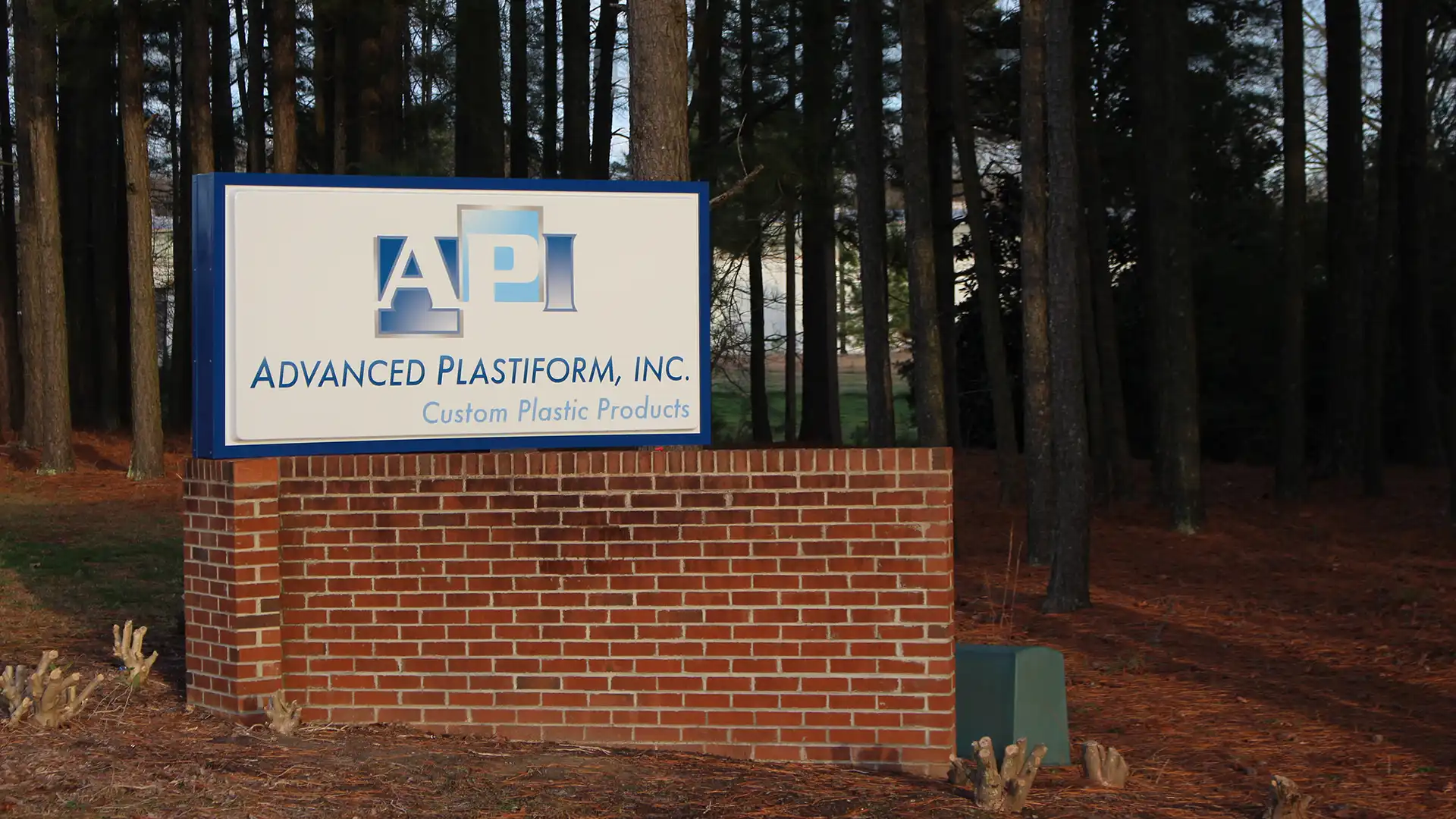The Role of Recycled Thermoplastics in Eco-Friendly Manufacturing It is more and more important to…
On nearly all plastics, you'll see the embossed triangle of "chasing arrows" with a number inside. Most people associate this number with whether plastic can be recycled but it's a little more complicated than that. Our thermoforming company in North Carolina is explaining what the numbers on plastic are and what they mean from a recycling perspective.
Understanding Plastic Identification Numbers
The numbers on the plastic within the triangle are universal identification numbers so you know what type of plastic is used in the process. This is much different than whether plastic can be recycled because municipalities and recycling centers all have different guidelines regarding the materials they accept. However, knowing what types of plastic are accepted can improve the efficiency and effectiveness of the recycling program, so it's important to know what the numbers mean.
#1: Polyethylene Terephthalate
Polyethylene terephthalate, PET, or PETE, is a lightweight, inexpensive thermoplastic often used in water bottles and soda bottles. This is generally the easiest and most frequently recycled plastic, often reused in new containers, furniture, and even car seat filling.
#2: High-Density Polyethylene
High-density polyethylene, or HDPE, is a heavier, sturdier plastic that is still lightweight, so it's often used to make milk jugs, laundry detergent containers, and cleaning product bottles. While it's not food-safe, it's versatile, so it's a commonly used plastic. This material is often recycled into new containers or even building materials like pipes.
#3: Polyvinyl Chloride
Polyvinyl chloride, also called PVC or vinyl, can be easily adapted and transformed with the use of plasticizers, so it's used to make everything from shower curtains and floor tile to fence boards and decking. Due to the chlorine and additives in its chemical makeup, this is rarely recycled, but it's also not often used in single-use plastics.
#4: Low-Density Polyethylene
Low-density polyethylene, or LDPE, is a very thin material, often used in shopping bags, bread bags, and plastic film. It's becoming more common to recycle this plastic, particularly the clear film, and it's being reused in everything from shipping envelopes and trash bags to furniture and floor tiles.
#5: Polypropylene
Polypropylene, or PP, is another sturdy, rigid plastic, but because it's food safe, you find it in more food packaging, like ketchup bottles, medicine bottles, and yogurt cups. This material can be recycled, but it must be cleaned of any food or other residue or substances, then it is processed through melting at a recycling center. Recycled polypropylene can be blended with new polypropylene to make new items, though it's not reused in food storage.
#6: Polystyrene
Polystyrene, or PS, is more often called by its trademarked name, Styrofoam. You usually see this in take-out coffee cups, egg cartons, and to-go containers, though many manufacturers are moving to more sustainable options. While it can be recycled, it's difficult to do so as it is challenging to compress and ship for processing. Recycled polystyrene is used in insulation, building materials, and packing materials.
#7: Other
A plastic marked with a #7 simply refers to "everything else." If it doesn't fall into one of the above six materials, it will be marked with a number seven. This includes, but is not limited to:
- Acrylic
- Polycarbonate
- Nylon
- Fiberglass
- Compostable plastic
- Thermosets
Some of these, particularly acrylic, can be recycled, but thermosets can't be.
Choosing Thermosets vs Thermoplastics
If you are debating which plastic to use for a product or component based on its ability to be recycled, we recommend choosing a thermoplastic over a thermoset. All plastics labeled 1 through 6 are thermoplastics, meaning they can be heated or melted and their chemical makeup won't change and can be shaped into something else. For example, in injection molding, we heat thermoplastic pellets to a liquid state and mold them into their finished part.
Thermosets are plastic resins in which their chemical makeup changes when heated. Once heated, they can't be reheated or melted to make something new, and thus, they can't be recycled.
Contact Us to Choose the Right Thermoplastic for Your Next Product
If you need custom plastic parts or components, contact Advanced Plastiform, Inc. Our injection molding and thermoforming company in North Carolina work with a wide variety of thermoplastics, producing high-quality, durable materials at low per-unit costs and with a fast lead time. We supply plastics across the Southeast and Mid-Atlantic states including North Carolina, South Carolina, Pennsylvania, Maryland, Tennessee, Georgia, and Virginia. To get started, call us at 919-404-2080 or fill out the form below.

